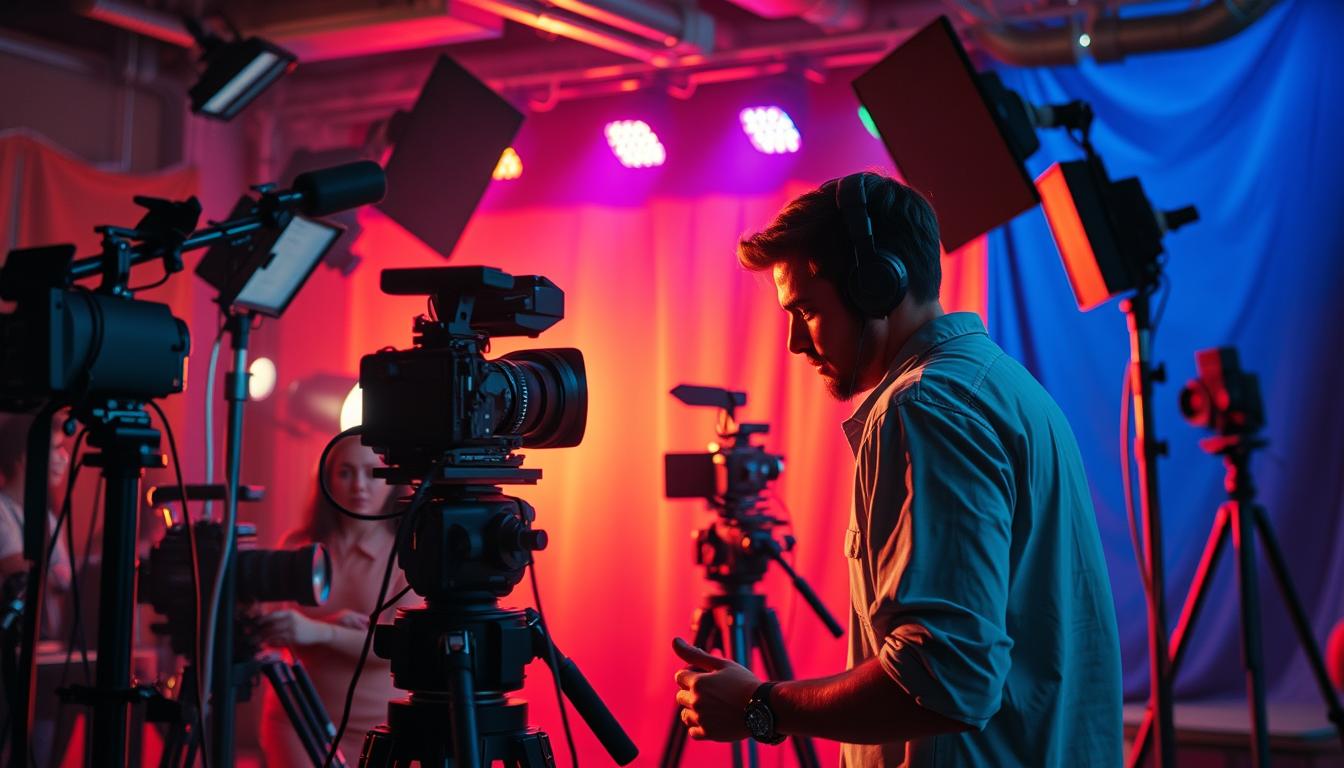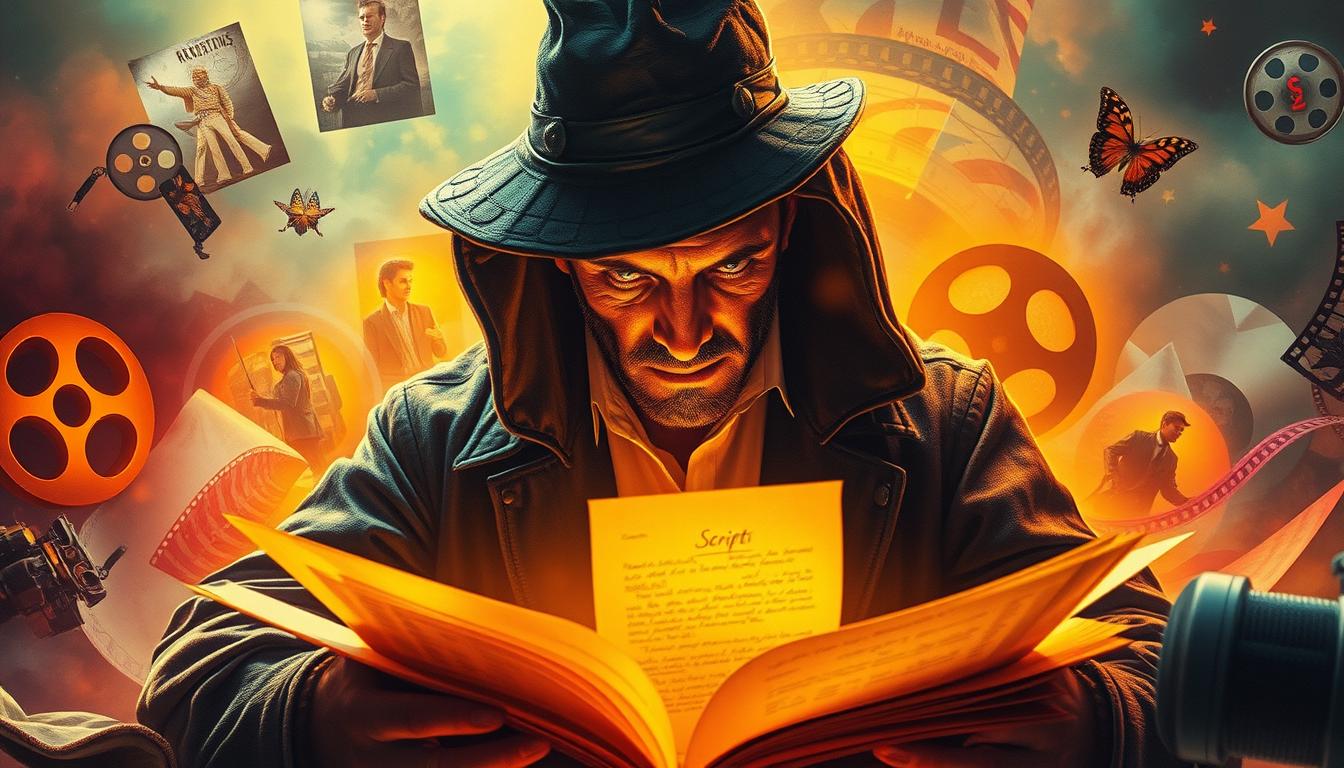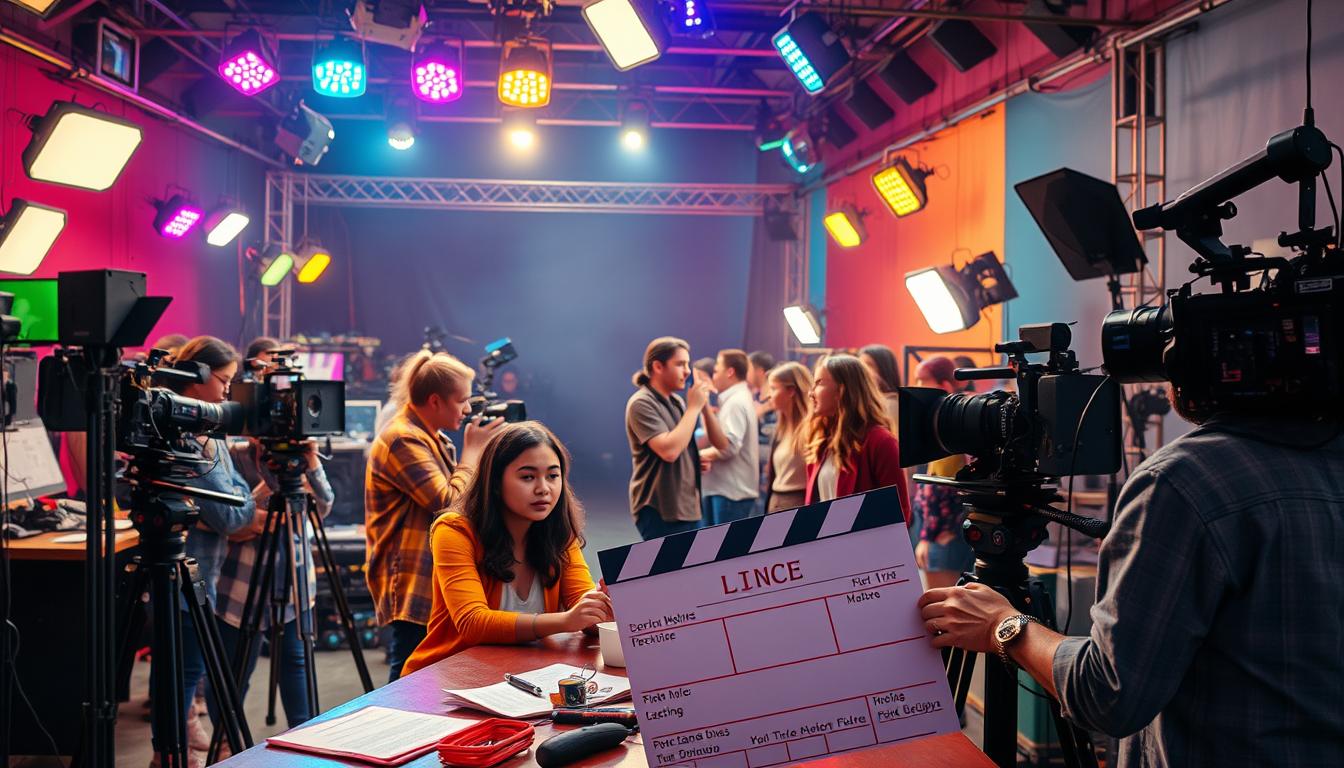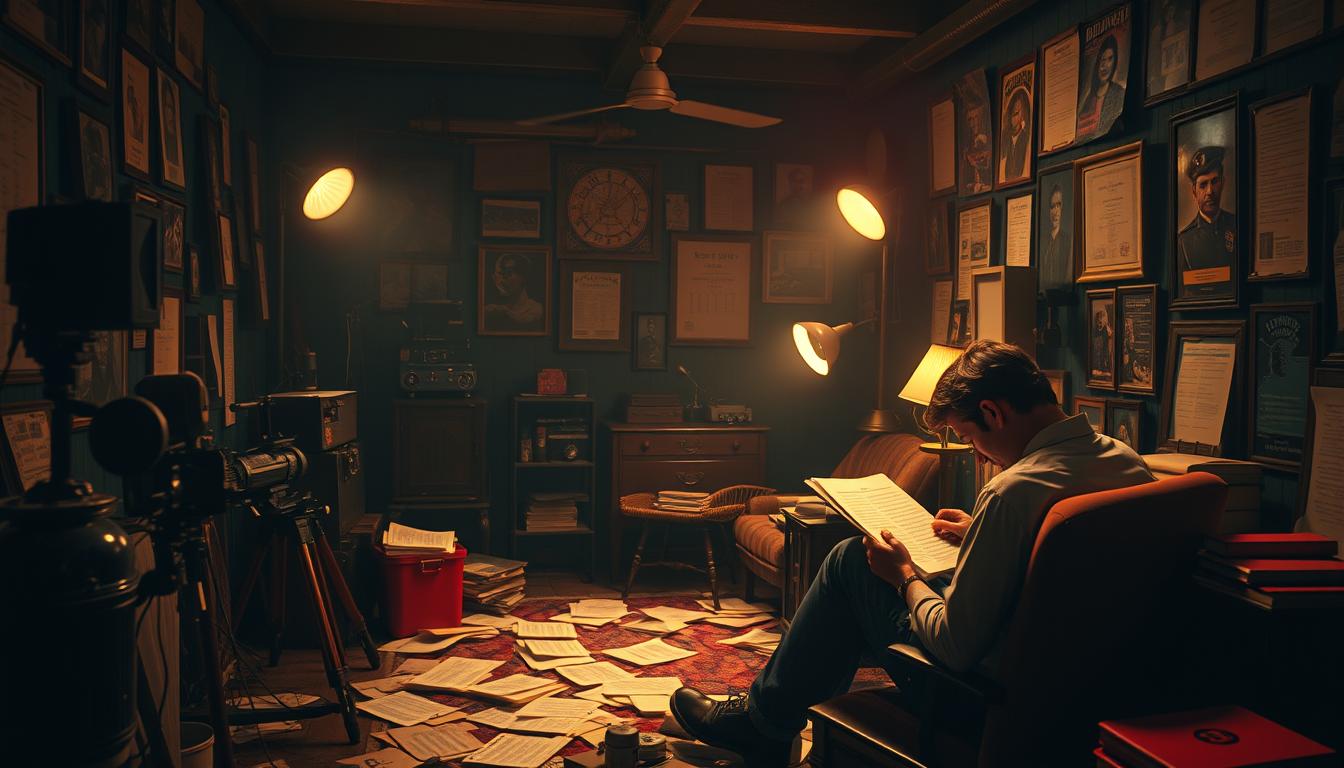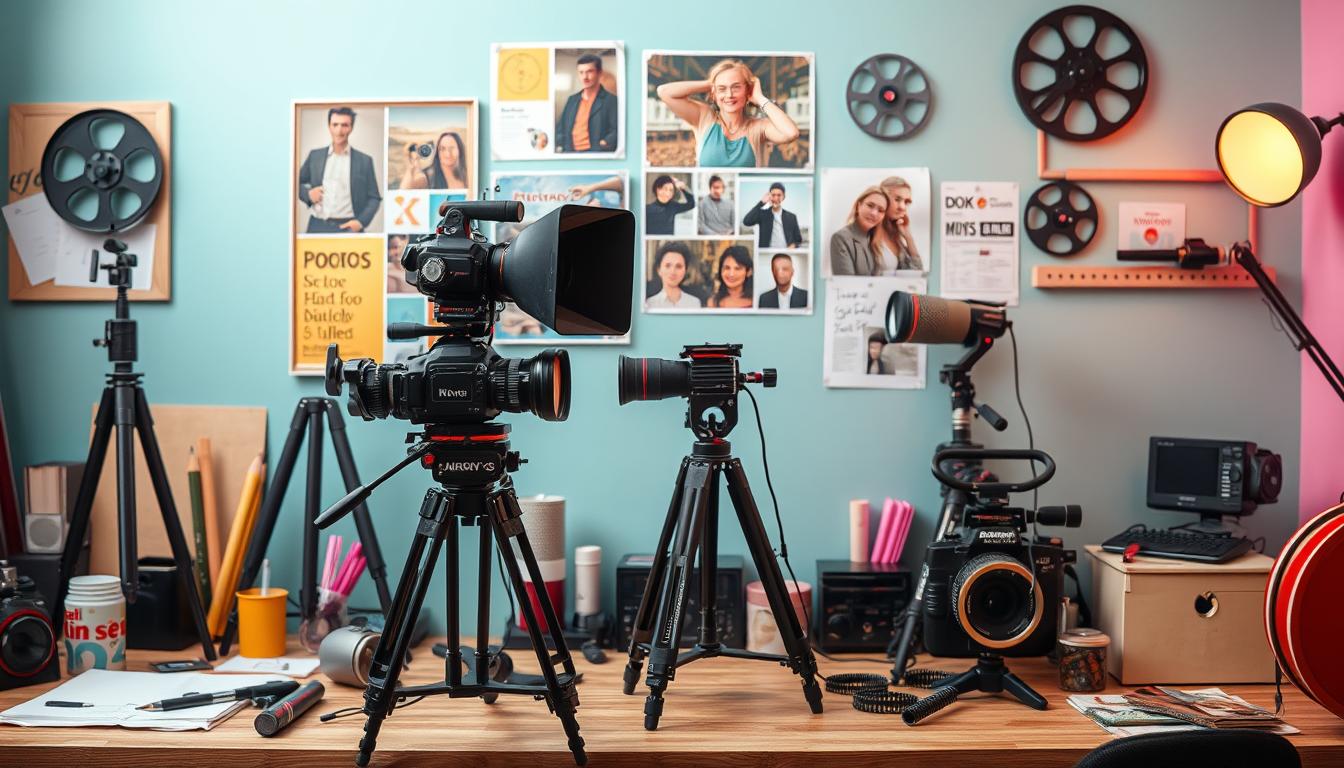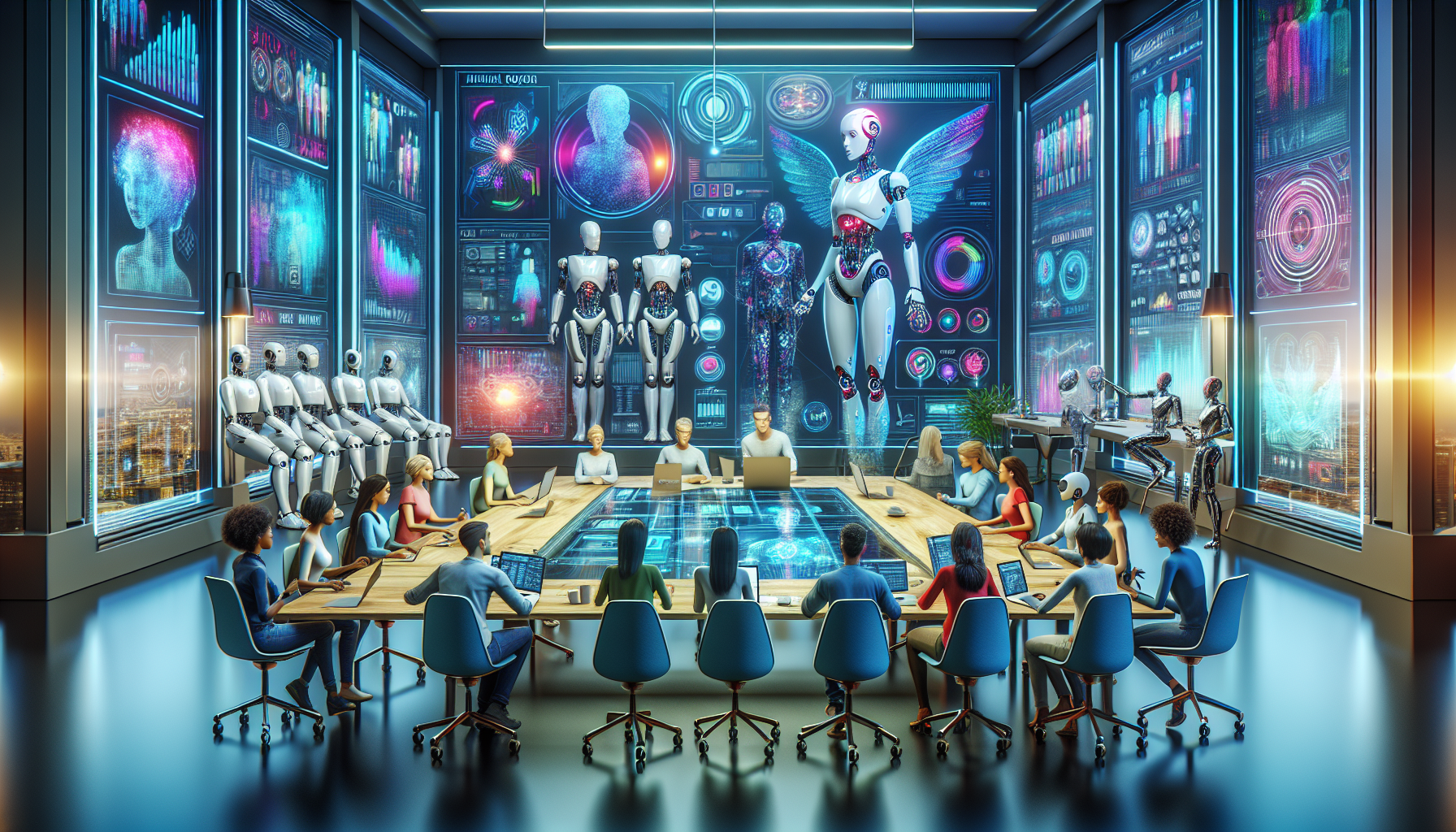
Once Upon an Algorithm: The AI Twist in Storytelling
Stories have been shaping the human experience far longer than any technology has dared to exist. From cave walls to virtual worlds, the core ingredient has always been imagination. But here’s a spicy twist: what if our old friend Artificial Intelligence decided to crash the storytelling party? Buckle up, dear reader, because we’re about to deep dive into how AI is getting its certificates in creative writing and revolutionizing plot development.
What Goes into AI-Powered Plotting?
Before visions of robots stealing the jobs of beleaguered writers start floating in your head, let’s clarify something. AI in storytelling isn’t about replacing the quintessential human touch. Rather, it’s about augmenting and enhancing the storytelling process. Think of AI as a magical elf that helps Santa—not as the big boss but crucial in handling the logistics of who gets what, and how efficiently!
AI tools for plot development generally saunter in with algorithms more intricate than your aunt’s secret lasagna recipe. These algorithms analyze vast expanses of literary content to understand narrative structures, character arcs, and thematic elements that resonate with audiences. Essentially, they digest the A to Z of storytelling and burp up insights that can refine plot outlines.
How Does AI Cook Up a Plot?
The process starts innocuously: by feeding the AI system a smorgasbord of books, scripts, and other narrative forms. Through techniques like machine learning and natural language processing, these systems learn different storytelling styles and genre specifics. It’s similar to how you might learn to cook by watching a myriad of YouTube videos—except AI doesn’t end up with a burnt soufflé.
Once sufficiently trained, AI can generate plot suggestions based on certain inputs provided by the user (that’s you!). Whether you need a twisted fairy tale or a gritty cyberpunk adventure, you key in the variables and — voilà! — your digital plot sommelier offers options that match the requested body, acidity, and sweetness (metaphorically speaking).
Tailoring the Tools to Tinker with the Tales
Now, where human writers might experience the dread of the blank page, AI jumps in with no such qualms. Using tools like Plot Generator or AI-based writing assistants, creators can break through writer’s block by generating ideas, dialogues, or entire scenes from scratch. These aren’t your basic ‘boy meets girl’ scenarios but constructed with an understanding of complexities that might take humans much contemplation and numerous coffee breaks.
Moreover, AI isn’t just stuck in the drafting phase. It extends its tendrils into feedback loops too. Imagine real-time critiques based on how similar plots have fared with audiences in the past, predicting what will sell and what will sink faster than a lead balloon. It helps refine stories to a level that’s adeptly tuned to audience preferences and market trends.
The Quirks and Quandaries of Algorithmic Assistance
However, every rose has its thorns, and the AI-enhanced storytelling garden is no different. While the benefits include efficiency, variability, and insight, reliance on AI for creative processes could normatize certain plot structures and reduce truly innovative storytelling. Remember, the best stories often defy norms and carve out new emotional territories.
There’s also the fragrant question of authenticity. Can a tale tendered by technology tug at the heartstrings? Does the plot lose its punch if part of its soul is coded? These are philosophical entrees best served warm and discussed often.
Yet, as with any good story, the culmination of AI in storytelling is not the end but part of an ongoing, evolving narrative. As creatives and technologists collaborate, the potential to expand the horizons of what stories can be is as boundless as it is exhilarating. Sure, AI may not be the next Shakespeare, but it might just be the tool that helps us write the next big hit at the global box office. So, pour yourself a cup of whatever gets your gears grinding, and consider how a pinch of AI might make your next story a feast for the senses.

